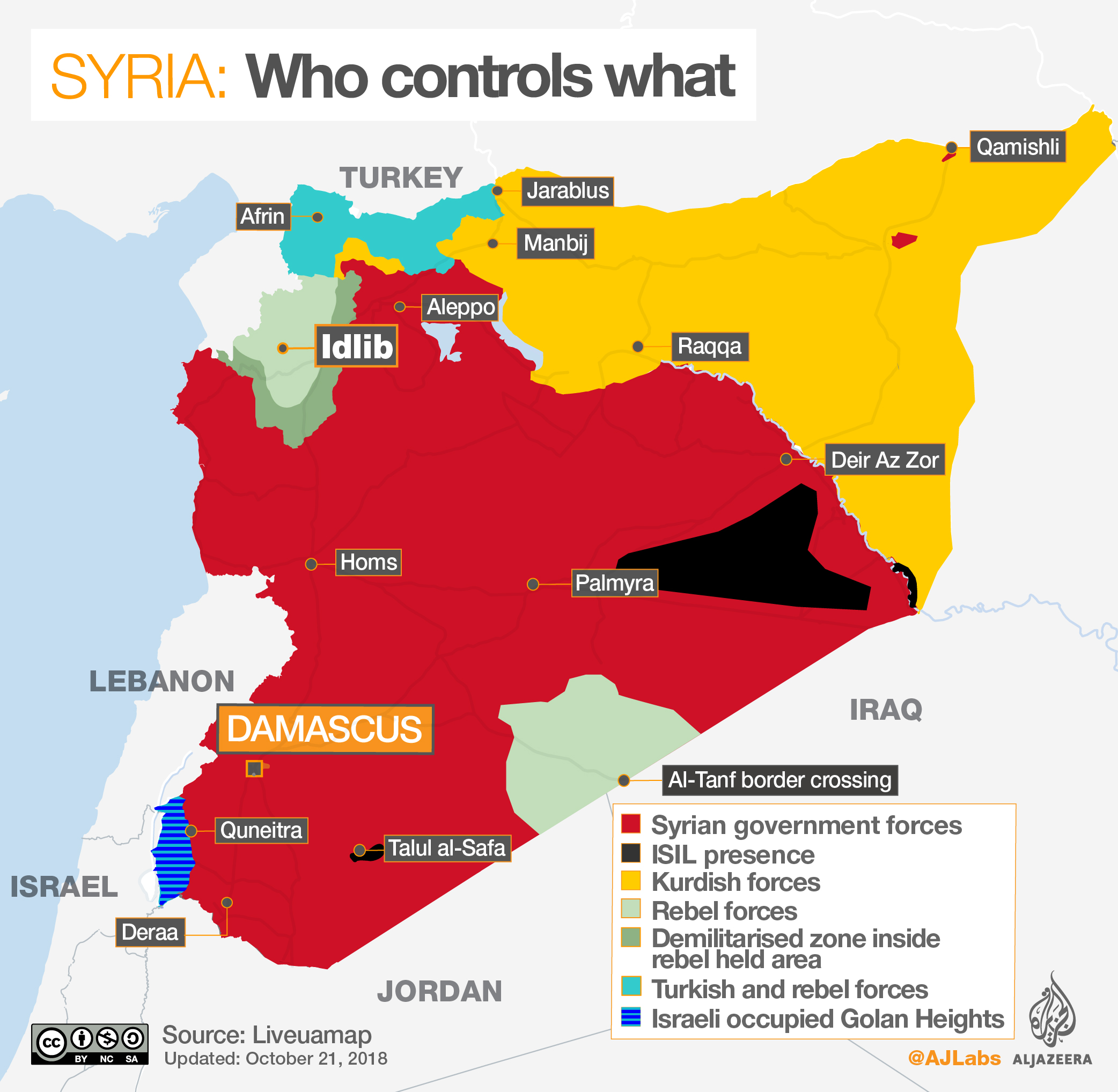7667766266
enquiry@shankarias.in
Click here for Part - I.
What is the issue?
What is the dispute?

What is the implication?
What could be done now?
Source: The Hindu